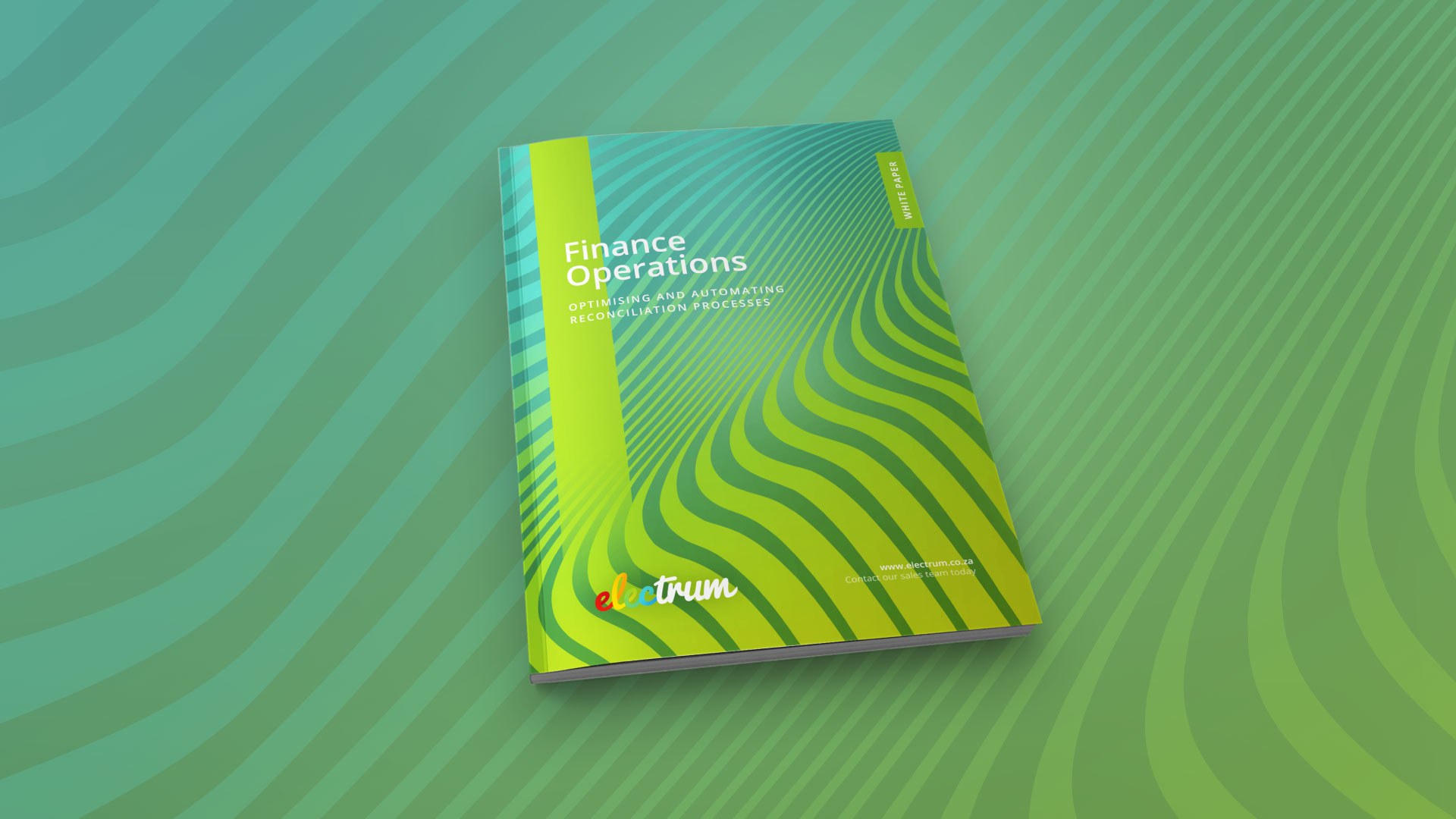
The research for our latest white paper on reconciliation processes uncovered key insights from finance and technology professionals across the industry. Here are just a few of the paper’s highlights.
Reconciliation processes are key control activities in business. Essentially, they involve detailed comparisons of two or more data sets with the aim of identifying transactions that match and can be processed further, and transactions that do not match and need to be investigated.
In order to understand how organisations approach reconciliation tasks and what challenges they face, we interviewed finance and technology professionals across a range of industries, including retail, asset management, insurance, and banking. What these industries have in common is an environment typified by a high volume of low-value transactions.
Opportunities for businesses to win
Clearly, reconciliation processes have potential beyond merely going through the motions of checking the accuracy of an organisation’s record keeping. Businesses that are extracting the most value from their finance processes are able to gain insight into process breakdowns, respond proactively to identified issues, and see opportunities for process improvement.
It was clear from our research that a review of a business’s reconciliation processes is an easy win to reduce costs, improve productivity, and minimise errors. But it also shows that most businesses aren’t making use of well-designed, comprehensive automated systems that could facilitate these gains – instead, they’re experiencing several problems in common.
Pain points aplenty
Our interviews revealed similar pain points in the reconciliation process for many respondents:
-
Without exception, interviewees highlighted data collection and data quality as key challenges.
-
When matching transactions, systems with low match rates resulted in a high level of human intervention, with the process prone to human error.
-
Reconciliation and Settlement teams often don’t have time to focus on the investigation of exceptions, which is the heart of the process.
-
Regarding the sign-off stage, interviewees highlighted the difficulty of maintaining an audit trail and the segregation of duties.
-
A number of respondents noted that, while transaction matching was often automated, the output of the reconciliation exercise was not. This was an area that was more likely to see the introduction of user-developed tools (in Excel or Access), and data was frequently manually manipulated to calculate and process settlement values, which is time consuming and prone to error.
The prescription for recon pain relief
A well-designed software tool, like Electrum Finance, can relieve much of the pain of reconciliation, and should work at every stage of the process:
-
Gathering data sets – automation should be rapid and be able to handle multiple file types, integrate with other systems and notify users of errors.
-
Matching transactions – the system should have the ability to perform multiple matching methods, and to flexibly update matching criteria.
-
Investigating exceptions and correcting – it should be able to prioritise exceptions, apply corrections to multiple exceptions and more.
-
Signing off – should include built-in audit trails.
-
Processing outputs – besides automated calculations for settlements, real value can be gained from reporting and analytics at this stage. Integration with accounting systems is a must.
As our white paper explains, despite the strategic and operational value reconciliation processes can provide, they’re often an afterthought and suffer from underinvestment. But by implementing the right systems, recon can be leveraged as a valuable tool for business.
For deeper insights, download the full report here.
Electrum Software
Electrum is the next-generation payments software company, powering payments for banks and retailers. Since 2012, we have established ourselves as a respected software partner through our deep expertise and track record in delivering trusted cloud-native payments solutions.
Electrum Newsletter
Quarterly insights and news to help you keep up with the latest changes in the payments landscape







